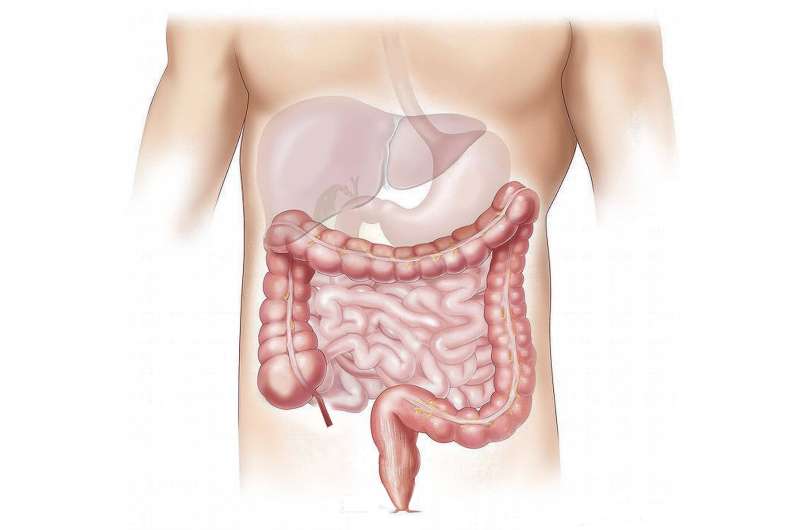Exploring the Mysteries of Consciousness: Scientific Tests Fail to Favor Major Theories

Understanding how consciousness works remains one of the most complex challenges in neuroscience. Researchers have long debated two prominent theories: the global neuronal workspace (GNW) theory and integrated information theory (IIT). Recently, a collaborative effort known as the Cogitate Consortium published a groundbreaking study in Nature that aimed to objectively test these theories through a rigorous, adversarial research approach.
Consciousness, the subjective experience of awareness, has often been compared to a 'toothbrush,' highlighting the diversity of ideas and the reluctance of scientists to abandon their preferred frameworks. In 2022, neuroscientist Anil Seth and colleagues reviewed over 20 biologically grounded theories, while in 2024, Robert Kuhn cataloged more than 200 different ideas on the topic, illustrating just how many interpretations exist.
The recent study focused on making clear, testable predictions based on each theory. The integrated information theory posits that conscious perception should correlate with sustained neural synchronization in the posterior cortex. Conversely, the GNW theory predicts the occurrence of 'neural ignition'—a widespread activation during conscious events—and suggests that information about conscious content can be decoded from the prefrontal cortex.
Global experiments, conducted across multiple labs and involving unbiased teams, yielded results that neither fully confirmed nor refuted either theory. The expected sustained synchronization in the posterior cortex was not observed, challenging IIT, while the inability to decode all contents of consciousness from the prefrontal cortex and the absence of neural ignition during stimulus onset posed difficulties for GNW.
Despite the lack of a decisive scientific 'winner,' this collaborative effort marks a significant advance in consciousness research. It underscores the importance of methodologically rigorous, theory-neutral testing and reveals the stubbornness of scientists to change their minds—even in the face of contradictory evidence—highlighting the role of scientific stubbornness in driving progress.
The study also emphasizes that pushing forward in understanding consciousness will likely require multiple perspectives and continued collaboration. As Kahneman advice hints, scientists’ dedication to their theories persists even when evidence challenges them, and this irrational perseverance can paradoxically fuel scientific breakthroughs.
Ultimately, consciousness remains a deeply elusive phenomenon, possibly requiring a revolutionary shift in how we study the mind or a new conceptual framework altogether. What's certain is that embracing collaborative, open-minded research approaches is essential for unraveling the profound mystery of subjective experience.
Stay Updated with Mia's Feed
Get the latest health & wellness insights delivered straight to your inbox.
Related Articles
Plant Extract from Strawberry Tree Shows Promise in Preventing and Treating Ulcerative Colitis in Rats
A recent rat study indicates that strawberry tree extract may offer protective and therapeutic benefits for ulcerative colitis, a common inflammatory bowel disease, by reducing inflammation and tissue damage.
Understanding Leptin-Sensitive Neurons: A Potential Target for Appetite Regulation and Obesity Management
New research identifies specific brain neurons linked to appetite regulation and obesity, revealing potential targets for future treatments.
New Insights into Chromosome End Protection and Its Role in Disease and Cancer
Research uncovers how cells protect chromosome ends (telomeres) from harmful repair activities, impacting understanding of aging, genetic diseases, and cancer development.
Comprehensive Overview of Breast Cancer Care in Ethiopia: Diagnosis, Treatment, and Survivorship Support
Discover how Ethiopia is advancing breast cancer diagnosis, treatment, and culturally tailored psychosocial support to improve patient survivorship outcomes.



